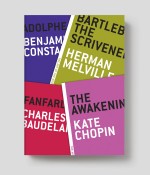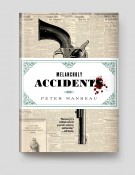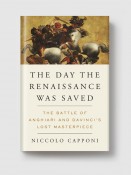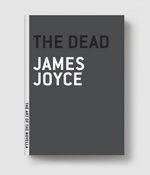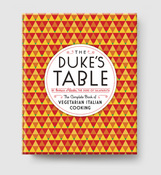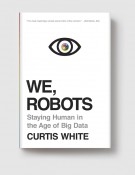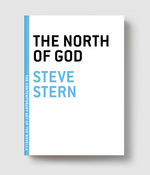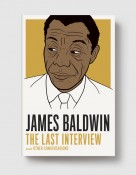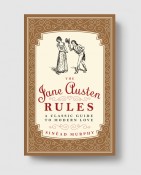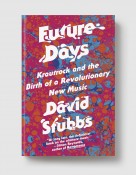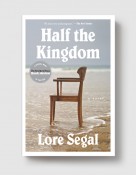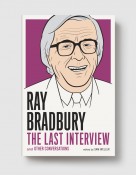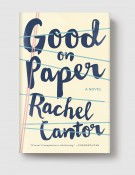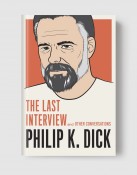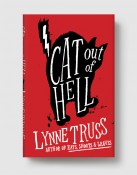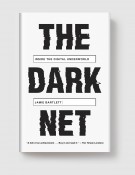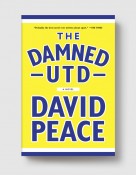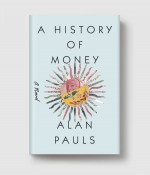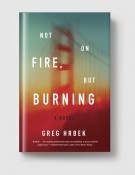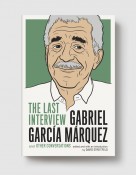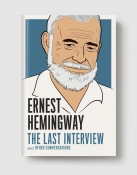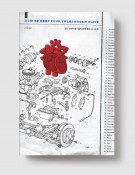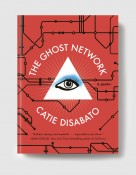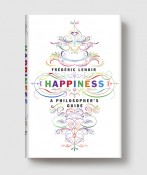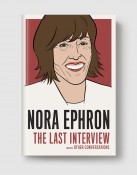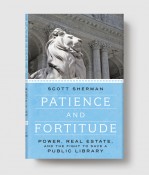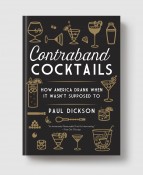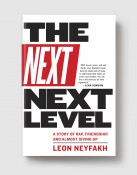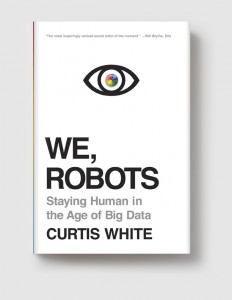
List price: $25.95
- Pages304
- ISBN9781612194554
- Publication dateNovember, 2015
- Categories
- Booksellers
- Media
- Academics & Librarians
We, Robots
Staying Human in the Age of Big Data
Curtis White
In the tradition of Jaron Lanier’s You Are Not a Gadget, a rousing, sharply argued—and, yes, inspiring!—reckoning with our blind faith in technology
Can technology solve all of our problems? Despite overwhelming evidence to the contrary, many of our most famous journalists, pundits, and economists seem to think so. According to them, “intelligent machines” and big data will free us from work, educate our children, transform our environment, and even make religion more user-friendly. This is the story they’re telling us: that we should stop worrying and love our robot future.
But just because you tell a story over and over again doesn’t make it true. Curtis White, one of our most brilliant and perceptive social critics, knows all about the danger of a seductive story, and in We, Robots, he tangles with the so-called thinkers who are convinced that the future is rose-colored and robotically enhanced.
With tremendous erudition and a punchy wit, White argues that we must be skeptical of anyone who tries to sell us on technological inevitability. And he gives us an alternative set of stories: taking inspiration from artists as disparate as Sufjan Stevens, Lars von Trier, and François Rabelais, White shows us that by looking to art, we can imagine a different kind of future. No robots required.
“White’s wit is sharp . . . Discursive, scholarly, and crackling with intensity, We, Robots works best as a jolt of self-awareness, a circuit breaker for the narratives that we often unconsciously allow our lives to follow—be they nationalistic, scientific, or simply the way we plug ourselves into our assigned slots each morning. White walks it like he talks it; We, Robots is both erudite and irreverent, and humor is as much his method as it is his message.” —NPR Books
“A soulful swipe at science… If a word can sum up what he is for, it is ’kindness.’”—The Independent
Praise for Curtis White
“The most inspiringly wicked social critic of the moment.”
—Will Blythe, Elle
“Cogent, acute, beautiful, and true.”
—David Foster Wallace
“Absolutely indispensable.”
—Slavoj Žižek
“A master of bewitchments, parodies, and dazzling tropes.”
—Paul Auster
“Splendidly cranky.”
—Molly Ivins
